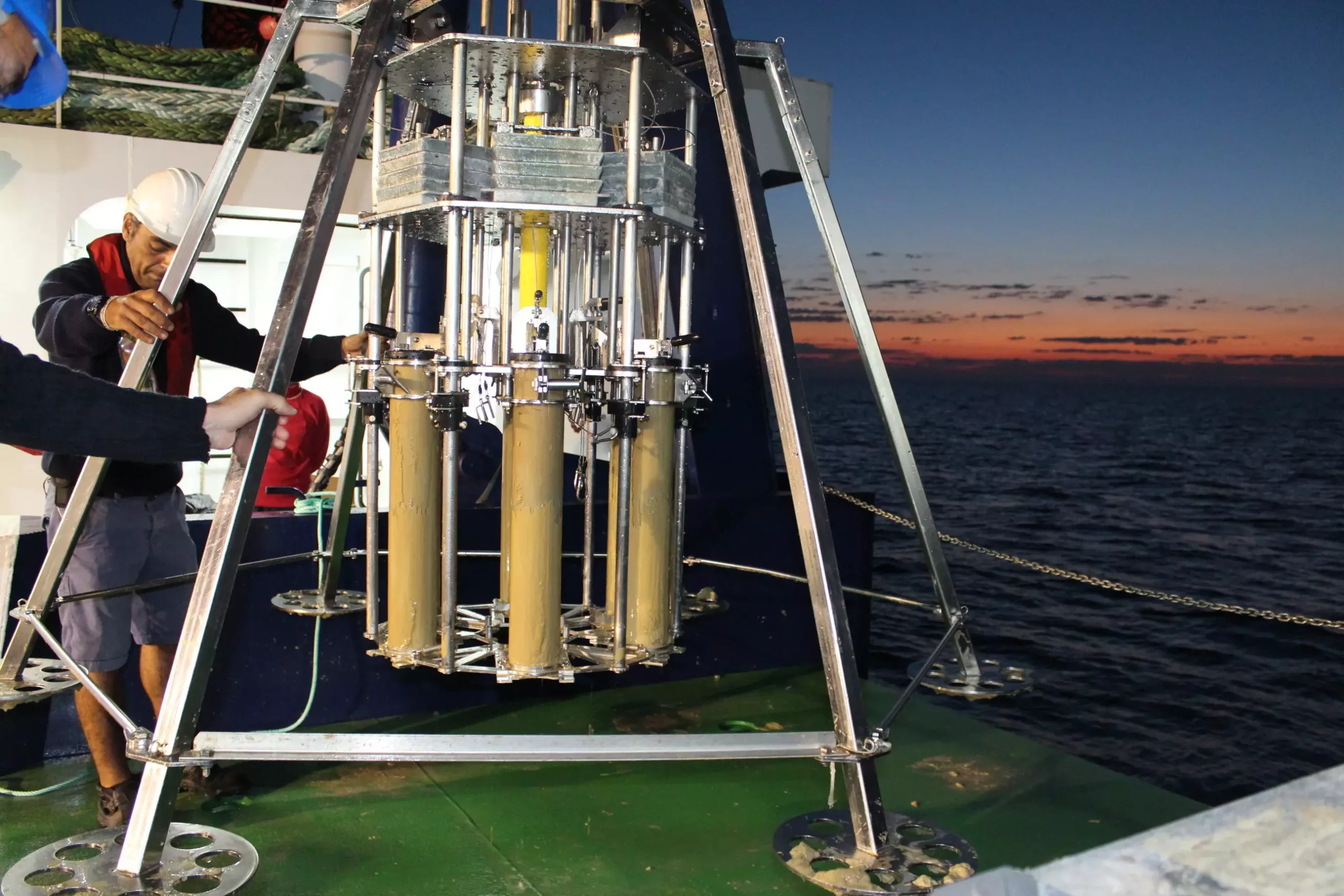In recent years, human activity has led to the alarming acidification of the world’s oceans. This has far-reaching implications for marine ecosystems, as highlighted by a study conducted by the Institute of Environmental Science and Technology of the Universitat Autònoma de Barcelona (ICTA-UAB). The study focused on the Mediterranean Sea and examined how the decreasing pH of surface ocean waters is affecting the production of calcium carbonate by marine plankton. The findings raise concerns about the negative consequences of this phenomenon on marine ecosystems.
The rapid increase in anthropogenic carbon dioxide (CO2) emissions over the past few decades has had a significant impact on our planet. Approximately 25% of anthropogenic CO2 has been absorbed by the oceans since the Industrial Revolution, resulting in a change in water chemistry and a decrease in pH, known as ocean acidification. This study, conducted in collaboration with researchers from the University of St Andrews, the Max Planck Institute of Chemistry, and the Spanish Council for Scientific Research, aimed to assess the impact of CO2-induced changes on foraminifera, a type of calcifying planktonic organisms.
To understand the effects of ocean acidification, the researchers analyzed records from the Alboran Sea, off the coast of Barcelona, and the Strait of Sicily, spanning the past two thousand years. The western Mediterranean Sea was chosen for its susceptibility to anthropogenic pressures and climate change. The high alkalinity and rapid water circulation in this region make it highly vulnerable to the uptake of anthropogenic carbon, which has led to a significant drop in pH since the Industrial Revolution. The biogenic calcification of marine plankton has been severely affected as a result.
The Sensitivity of Foraminifera to Environmental Changes
Foraminifera are a type of marine calcifying zooplankton that inhabit the upper ocean. They are highly sensitive to climatic and environmental changes, making them an ideal group for studying the long-term impacts of carbon perturbations on marine ecosystems. These single-celled organisms construct shells made of calcium carbonate, which are several hundred micrometers in size. Despite the shells’ inherent durability, they are highly susceptible to changes in seawater chemistry, as evidenced by the accelerated decrease in shell weight during the 20th century.
Anthropogenic CO2 Emissions as the Primary Driver
The study’s lead researcher, Sven Pallacks, explains that the decline in foraminiferal calcite mass is primarily driven by ocean acidification resulting from anthropogenic CO2 emissions. However, the warming of the ocean may be mitigating this effect to some extent. This finding underscores the basin-wide change in marine calcite production in response to increased atmospheric CO2 concentrations and surface water acidification in the Mediterranean Sea.
Implications for Marine Ecosystems
By reconstructing historical records, the researchers were able to assess the impact of acidification on the calcification of planktonic foraminifera. These results can be extrapolated to other calcifying planktonic organisms, such as coccolithophores and pteropods, which also play crucial roles in the modulation of atmospheric CO2 levels. The study concludes that anthropogenic ocean acidification has already affected foraminiferal calcification in the Mediterranean Sea, with significant implications for marine ecosystem services. The delicate balance of the marine food web architecture, biogeochemical cycles, climate regulation, ocean ecosystem functioning, and food security are all at risk if acidification continues unabated. Therefore, urgent action to reduce CO2 emissions is vital to mitigate the negative impact of acidification on our oceans.
The evidence presented in this study underscores the urgent need for global efforts to combat climate change and reduce CO2 emissions. The acidification of the oceans poses a significant threat to marine ecosystems and the services they provide. The international community must work together to develop sustainable solutions and reduce our reliance on fossil fuels. Only by taking immediate action can we hope to preserve the delicate balance of our oceans and protect future generations from the devastating effects of ocean acidification.



Leave a Reply